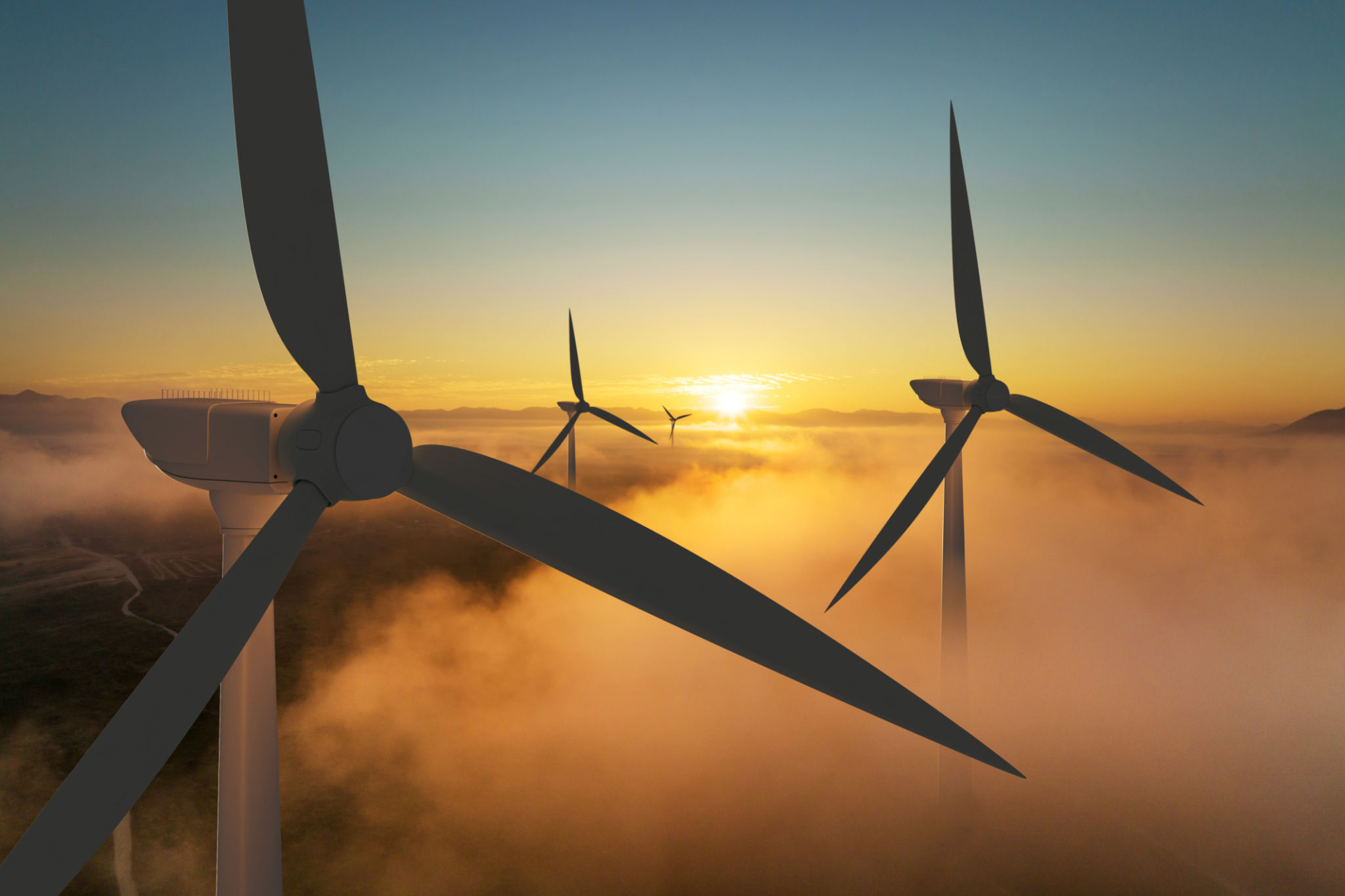Harnessing AI for Environmental Sustainability: How Troposphere AI is Leading the Way
DW
Introduction to AI and Environmental Sustainability
Artificial Intelligence (AI) has emerged as a transformative force across various industries, and its potential to address environmental challenges is becoming increasingly apparent. By harnessing AI, we can develop innovative solutions that promote sustainability and reduce human impact on the planet. One company making significant strides in this area is Troposphere AI, a leader in deploying AI technologies for environmental sustainability.
Troposphere AI has been at the forefront of integrating AI into environmental initiatives, helping businesses and governments optimize their efforts to protect the planet. Through intelligent data analysis and predictive modeling, Troposphere AI is providing powerful tools that drive sustainable practices across various sectors.

The Role of AI in Environmental Monitoring
One of the primary ways AI contributes to environmental sustainability is through enhanced monitoring capabilities. Troposphere AI utilizes advanced algorithms to analyze vast amounts of data collected from satellites, drones, and sensors. This enables real-time monitoring of environmental parameters such as air quality, water levels, and deforestation rates.
These insights allow for timely interventions and informed decision-making, ensuring that conservation efforts are both effective and efficient. By detecting changes in ecosystems sooner, stakeholders can take necessary actions to mitigate negative impacts, ultimately safeguarding natural resources.
Data-Driven Decision Making
The ability to process and interpret large datasets quickly is crucial for addressing environmental challenges. Troposphere AI's solutions empower organizations to make data-driven decisions that prioritize sustainability. By leveraging AI's analytical capabilities, businesses can identify patterns and trends that may not be immediately obvious through traditional methods.

Improving Energy Efficiency with AI
Another significant application of AI in promoting environmental sustainability is enhancing energy efficiency. Troposphere AI provides tools that help companies optimize their energy usage, reducing waste and lowering carbon footprints. Through machine learning algorithms, AI systems can predict energy demand and adjust supply dynamically, ensuring resources are utilized efficiently.
This proactive approach not only contributes to environmental conservation but also offers economic benefits by reducing operational costs. Companies implementing these technologies are better equipped to meet regulatory requirements and consumer expectations for sustainable practices.
Smart Grids and Renewable Energy
AI plays a pivotal role in managing smart grids and integrating renewable energy sources like solar and wind power. Troposphere AI's solutions facilitate the seamless transition to cleaner energy by balancing supply and demand intelligently. This ensures a stable and sustainable energy infrastructure that can adapt to fluctuating conditions.

Challenges and Future Directions
While the potential of AI in fostering environmental sustainability is vast, there are challenges to overcome. Data privacy concerns, high implementation costs, and the need for continuous technological advancements are areas that require attention. Troposphere AI is committed to addressing these challenges by collaborating with stakeholders to develop robust, scalable solutions.
Looking ahead, the integration of AI into sustainability efforts will continue to evolve. Partnerships between technology providers like Troposphere AI, governments, and environmental organizations will be crucial in driving innovation and achieving long-term sustainability goals.
Conclusion
The journey toward environmental sustainability is complex, but with the aid of advanced technologies such as those developed by Troposphere AI, it becomes more attainable. By utilizing AI for monitoring, decision-making, energy efficiency, and beyond, we can create a more sustainable future for generations to come.